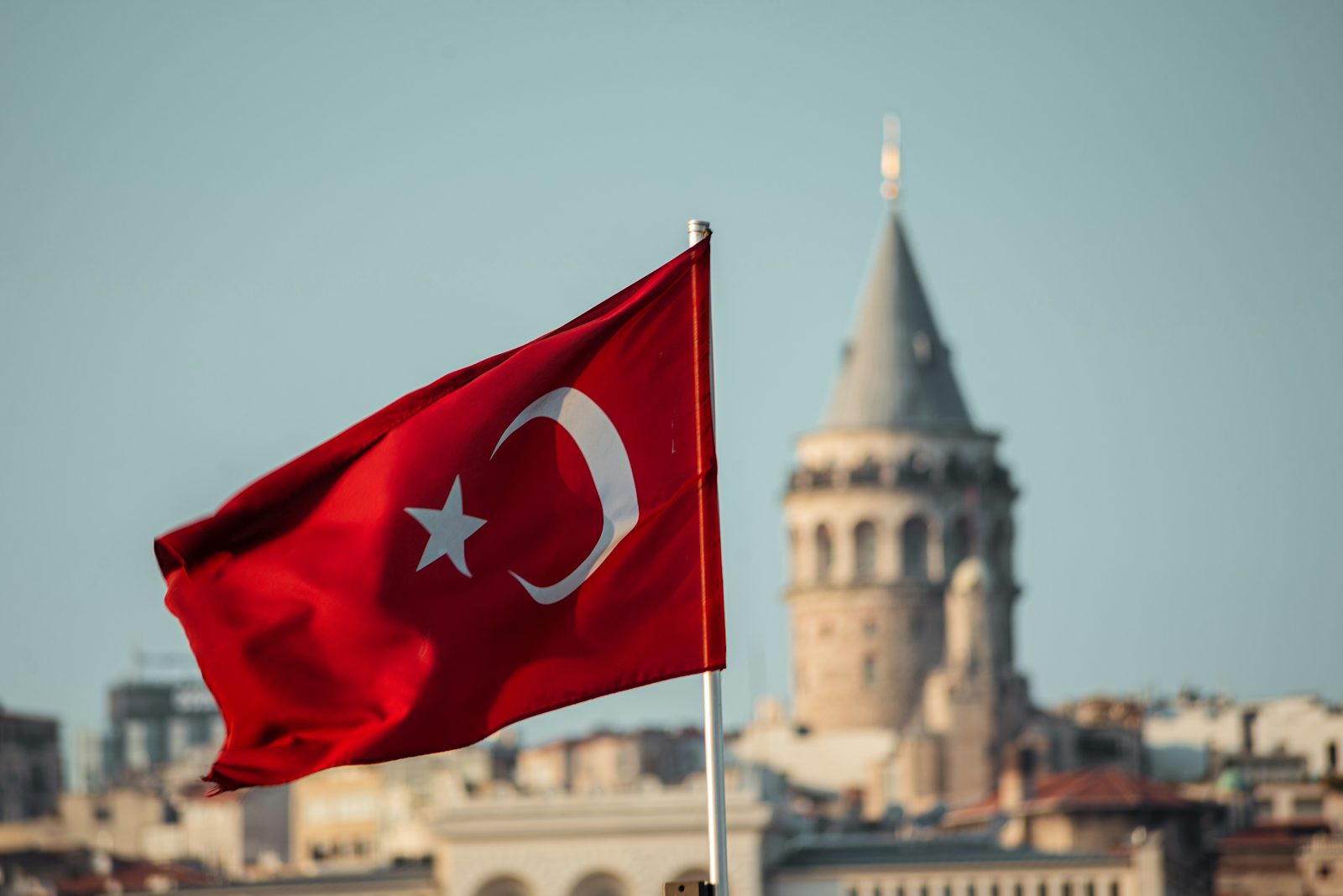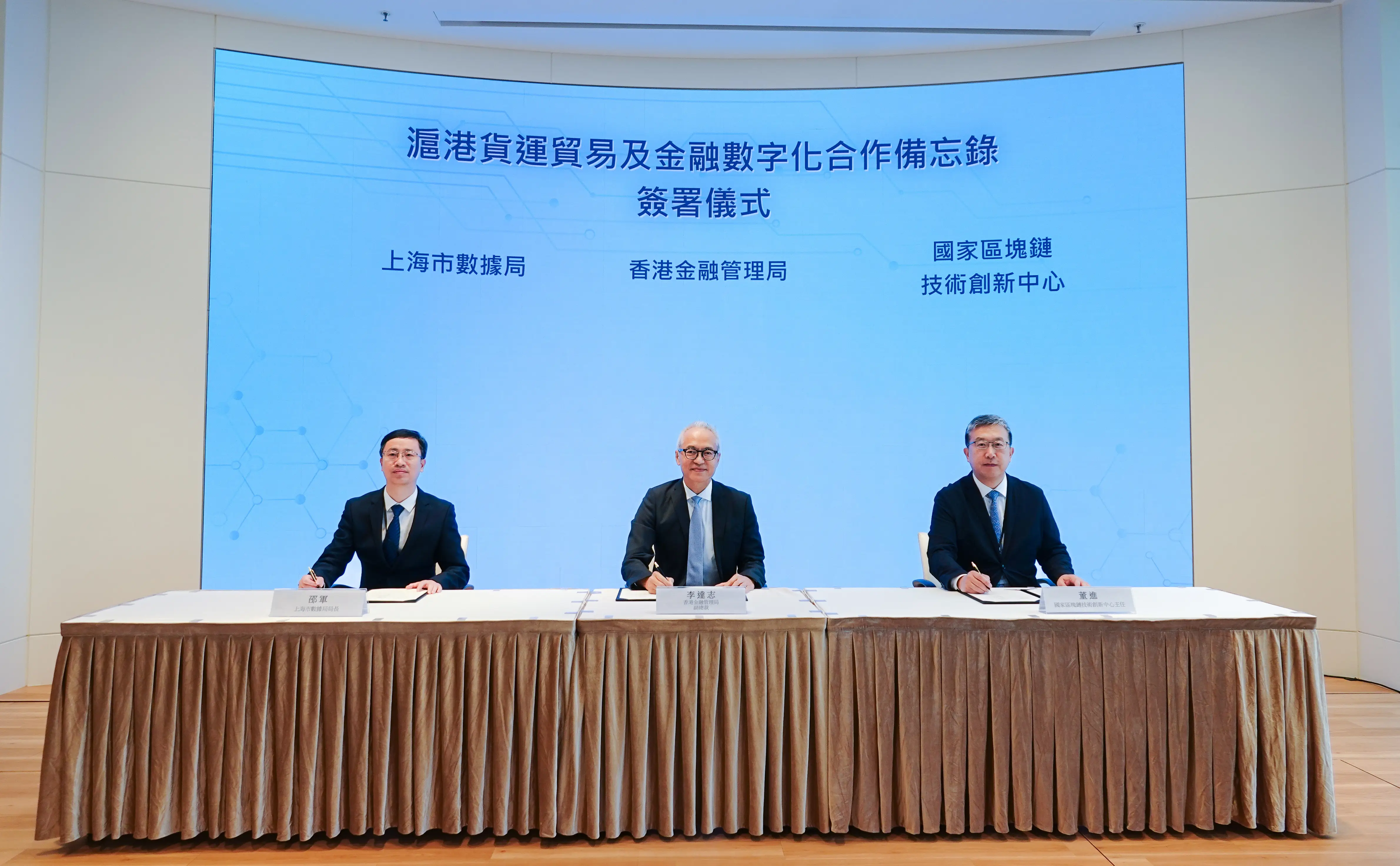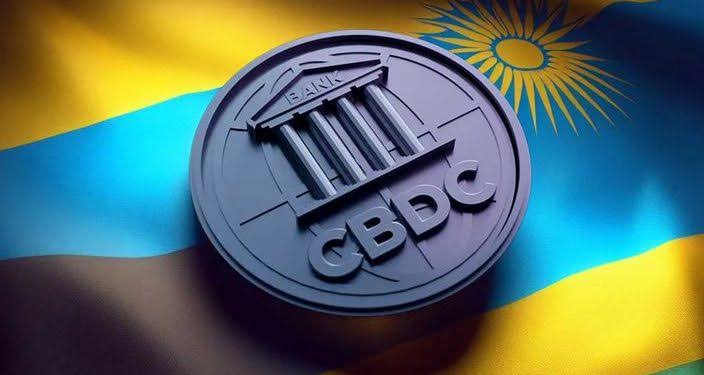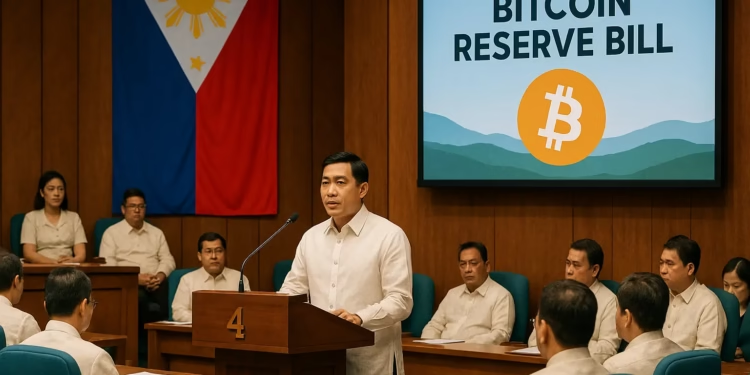The Philippines has taken a significant step toward formalizing Bitcoin as part of its financial security strategy. Congressman Miguel Luis Villafuerte introduced House Bill 421, also known as the Strategic Bitcoin Reserve Act, which proposes the creation of a Philippines Bitcoin Reserve.
Under the plan, the Bangko Sentral ng Pilipinas (BSP) would purchase 2,000 Bitcoin annually for five years, gradually building a reserve of 10,000 BTC. These assets would be secured in cold storage and held for at least 20 years, with limited exceptions allowing their use only for national debt obligations.
“The Philippines Bitcoin Reserve would serve as a hedge against fiat currency depreciation and global financial instability,” Villafuerte stated in his presentation of the bill.
If passed, the measure would make the Philippines the first Southeast Asian nation to legislate a sovereign Bitcoin reserve by statute, positioning the country alongside pioneers like El Salvador and Bhutan in experimenting with state-backed digital asset holdings.
Transparency and accountability built into the framework
A key feature of the Philippines Bitcoin Reserve proposal is its emphasis on oversight and transparency. The legislation mandates a proof-of-reserves system, requiring the BSP governor to publish quarterly reports disclosing wallet addresses, balances, and control over private keys.
These provisions are designed to reassure the public and international observers that the Bitcoin is both verifiably held and securely managed. After the 20-year lockup period, liquidation of the reserve would also be tightly controlled, with sales capped at 10% within any two-year window.
“This level of public reporting would place the Philippines ahead of most nations in terms of sovereign crypto transparency,” said Kadan Stadelmann, Chief Technology Officer at Komodo Platform, in comments to crypto.news. “The bill validates Bitcoin as digital gold and signals that the Philippines wants to future-proof its monetary system.”
Early mover advantage in Asia
For crypto investors watching global adoption trends, the Philippines Bitcoin Reserve could mark a turning point in Southeast Asia. If implemented, it would surpass El Salvador’s reserve of approximately 6,276 BTC and rival Bhutan’s estimated 10,500 BTC holdings.
“Bitcoin gives emerging markets like the Philippines the opportunity to bypass traditional financial capital and shield themselves from weakening fiat currencies,” Stadelmann explained. He added that a sovereign Bitcoin reserve could also advance financial inclusion in a country where millions remain unbanked.
Unlike El Salvador’s move to declare Bitcoin legal tender, the Philippines’ approach is more conservative, focusing on gradual accumulation for fiscal security rather than direct integration into everyday payments. Analysts say this strategy may make the initiative more politically feasible and less disruptive to the domestic financial system.
Rising regulation alongside bold proposals
The introduction of the Philippines Bitcoin Reserve bill comes at a time when the country is tightening its regulatory grip on the crypto sector. Earlier this month, the Securities and Exchange Commission (SEC) issued warnings to ten major exchanges, including KuCoin, Bybit, and OKX, for operating without registration under newly enacted Crypto Asset Service Provider rules.
Some observers caution that this regulatory environment could complicate the bill’s passage. “The Philippines has not yet legalized Bitcoin outright, which could create legal friction with the proposed reserve,” Stadelmann noted.
Still, proponents argue that establishing a sovereign Bitcoin reserve now would give the country an early mover advantage as other governments debate similar strategies. With institutional demand for Bitcoin increasing globally, supporters of the bill believe the Philippines could secure both financial resilience and geopolitical relevance.
Outlook for investors and policymakers
If approved, the Philippines Bitcoin Reserve could reshape the country’s role in global crypto markets. A 10,000 BTC reserve would not only strengthen the nation’s fiscal position but also send a strong signal to investors about the government’s long-term view on digital assets.
While the proposal faces political hurdles, its emphasis on transparency, limited use, and conservative structuring may make it more appealing than riskier forms of Bitcoin adoption. For crypto investors, the bill highlights a growing recognition that Bitcoin can play a role in sovereign wealth management which is an area once dominated solely by fiat and gold.
“The Philippines Bitcoin Reserve would put the country on the map as a serious player in the digital asset space,” said Villafuerte. “This is about securing our future in an increasingly digital global economy.”












